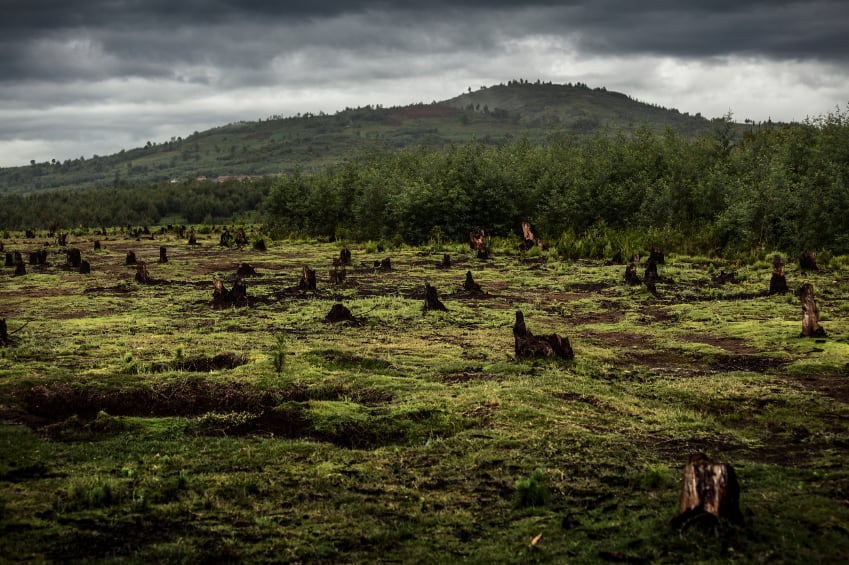The Accountability Framework Initiative (AFi), a partnership of 14 social and environmental NGOs including WWF, Proforest, and Rainforest Alliance, rolled out its Accountability Framework in June last year.
The Framework was designed to offer a common guide for ethical supply chains by focusing on fundamental issues in social and environmental responsibility. These cover land conversion, deforestation, and respect for the rights of indigenous peoples, local communities and workers.
In the food industry, the commodities most associated with deforestation include soy, palm oil, beef and cocoa. Companies operating in these fields, among others, that wish to adhere to the Framework’s guidelines, are required to make clear and strong commitments, take action, and demonstrate progress through monitoring, verification reporting and claims.
Self-assessing supply chain ethicality
Less than 18 months on, the AFi has added another tool to its ethical supply chain toolkit: two new self-assessment tools covering company pledges and reporting systems.
The assessment tool for company commitments and goals can be used to assess alignment of a company’s commitments and policies to protect forests and other natural ecosystems, as well as its respect for human rights.
The AFi stresses the tool addresses the content of such policies only, and not the status of implementation.
The second tool is designed to self-assess a company’s alignment of policies, systems, and practices related to the implementation of its commitments and demonstration of progress toward fulfilment of ethical supply chains.
“As companies will implement and demonstrate progress on these commitments using different strategies and adhering to different priorities, the extent and nature of alignment with these principles will vary greatly between companies,” noted the AFi.
Unlike the first tool, it stressed, this tool does not provide an option to signify binary alignment or non-alignment. “Rather, it invites users to provide evidence and analysis of the systems and practices they have in place to fulfil these commitments.”
Who benefits from these new tools?
As Rainforest Alliance scientist Leah Samberg explained, the aim of the new self-assessment tools is to provide a clear and straightforward way for companies to understand where they sit in relation to globally agreed-upon best practices for ethical supply chains.
They will also help businesses identify, prioritise, and address elements of their policies or practices that fall short, she continued.
As a member of the AFi’s ‘Backbone Team’, Samberg is well placed to outline exactly how food makers can benefit from using the tools.
“Food manufacturers can use this self-assessment to craft strong supply chain commitments and policies, as well as to identify essential steps for implementing them.
“They can also use it to determine the ways in which they may already be in line with global best practice, and to guide reporting on these topics in order to demonstrate progress to buyers, consumers, and investors.”
Another undeniable big winner here is the environment, as well as local communities and workers associated with the production of soy, palm oil, beef and cocoa.
“As companies all along commodity supply chains continue to align their policies and practices with the Accountability Framework, we will see greater transparency regarding the impacts of commodity production,” Samberg told this publication.
Enhanced traceability will also be associated with trade on ecosystems, workers, and communities in sourcing regions, she continued, “and greater accountability for reducing, and eventually eliminating, negative impacts.”





